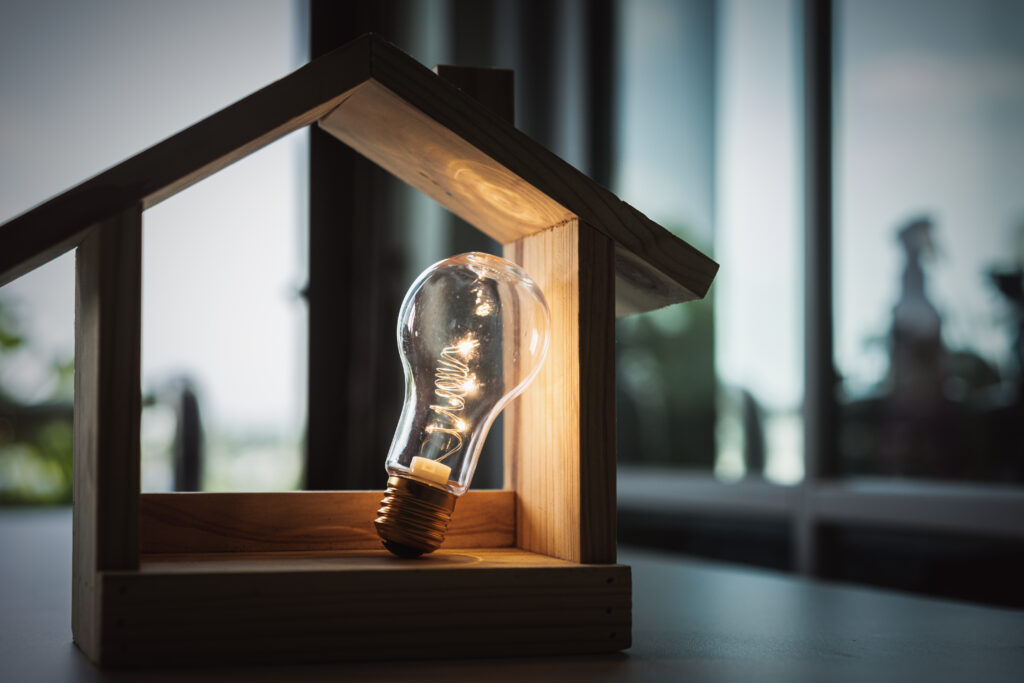
If you want to save energy, but are worried about what it might cost up front to do that, here are three tips to help you get started. I learned all of these from doing a free “virtual home energy check up” from the power company where I live. It was easy to set up, the person I talked with was very pleasant, and overall, it seemed designed to be very sensitive to people’s budgets. I got a free box of LED lightbulbs at the end, and you can go directly to the source to set one up yourself here (they might be back to doing these in person as well): Virtual Home Energy Check Up | South Carolina | Dominion Energy
- The most impactful step was free: changing how you set your thermostat. My memory is they said one degree difference can save 7% on your bill. They recommend 78 degrees in summer, while recognizing that we live in a warm climate where that may be influenced by upstairs rooms winding up hotter in reality than whatever you aim for on the thermostat. In the winter, they suggest 68.
- Cover for top of attic stairs: even if your attic is adequately insulated, that insulation won’t cover the door at the top of where the stairs fold up. You can buy a cover for that door space for about $60-$70 (they said not to spend more than that). It just tucks in there and doesn’t have to be attached to anything. If you need to be in the attic, you just move it aside. I felt like saw a real difference with this.
- Water heater timer: I had never heard of this. Apparently, you can buy a timer for your water heater so that it isn’t continuously heating. (This is one that sounds like it may make sense for some people who have extended periods of time no one is home during the day, but perhaps not others.) An electrician has to install it, but it sounds like a simpler process than, and a similar idea to, a tankless water heater – without the space saving and extra costs. In the interest of full disclosure, I talked to a plumber recently who said it is pretty easy to skip this and just to turn off the water heater from the breaker if you are traveling or have an extended time away from home. Automated still sounds easier (my “smart” thermostat has really helped me on option #1 above), but if you are comfortable with that, that’s another free alternative. I did the energy check up at the height of the shut downs and have been close enough to needing to replace my water heater for long enough that I just haven’t made any decisions on this front. So, I can’t speak from experience on this one.
